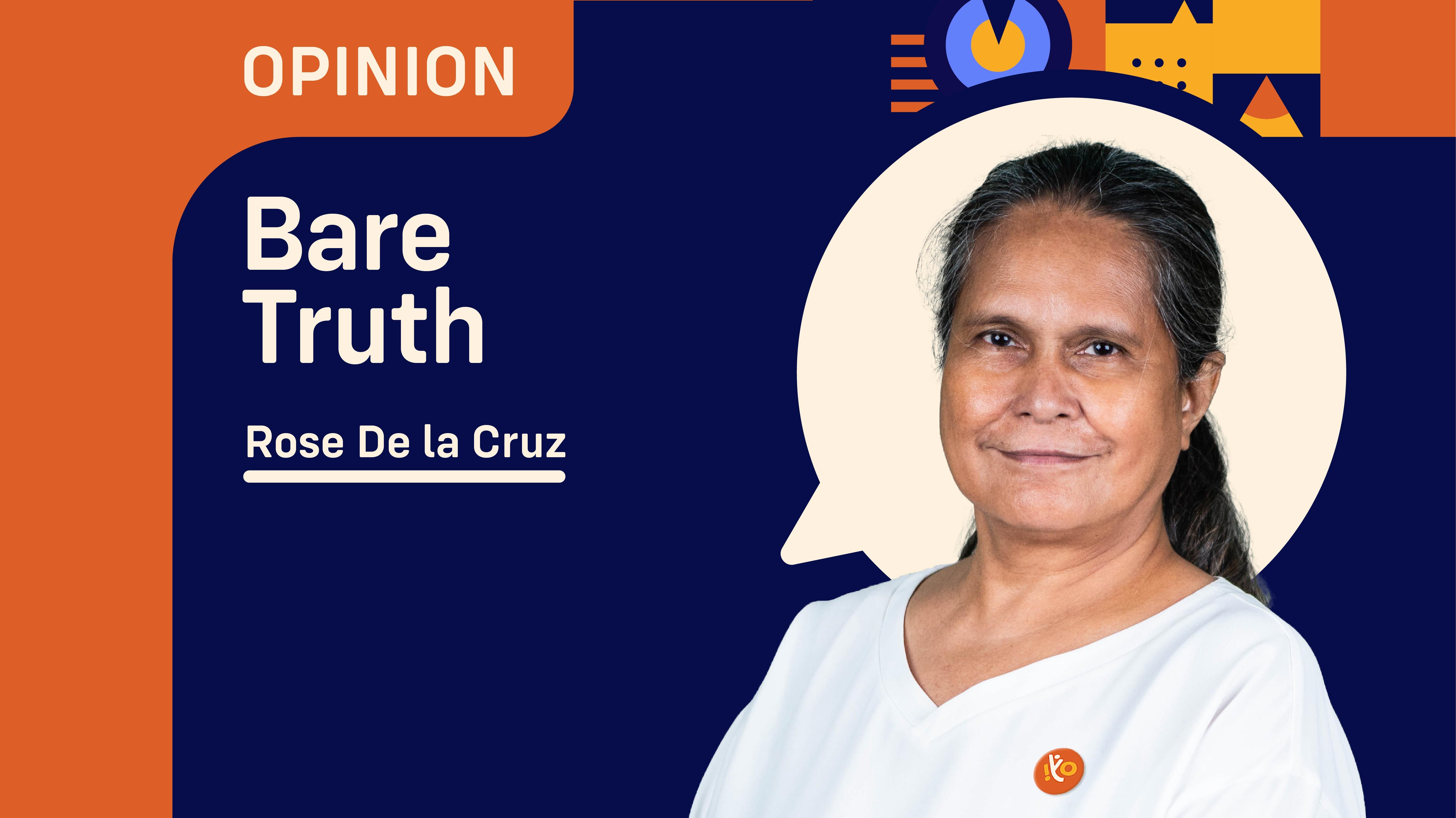THE vulnerability of food production to nature—pests, diseases and natural calamities—and government’s penchant for over importation (in the guise of protecting the consumers from food price shocks) have dealt a double whammy in killing our agriculture sector through the years.
The current crisis experienced by the hog sector in the African Swine Fever (ASF)—which the recent proclamation of a state of emergency—has exposed the penchant by government policy makers—mostly free trade advocates (as former Agriculture Secretary Leonardo Montemayor calls them)—to overestimate the market demand, even if local production can still meet part of it.
For instance, in recent Senate hearings it was pointed out that 404 million kilos of pork products were recommended for importation under MAV (minimum access volume) when the actual market shortfall was only 150 million kilos.
A compromise at 204 million was arrived at. Imagine, if we follow what the economic managers always tell us, then we would be deep in debt paying for our importations, which really do not lead to lower retail prices for consumers.
Biggest rice importer
Speaking of over importations, Montemayor said the country has been importing 3 million tons a year of rice (which it can produce enough for its own people except that traders are manipulating supply to project a shortage and force prices up), which is about 3 times the average importation under the Aquino administration of 900,000 tons a year.
“We were the biggest rice importer in 2020” but did we experience local rice prices going down at the level of what the National Food Authority was allowed to sell the grain at P27 to P32 a kilo,” Montemayor asked.
He said prices stayed at over P45 a kilo and this clearly defeats the very purpose for which importations are being made—a protection to price shocks for the consumer and maintaining low inflation rates.
Montemayor maintained that traders—especially importers—have been raking in P100 billion a year all because of free trade and to the prejudice of the local farmers, who remain unprotected and unassisted by government.
ASF woes
At an online forum, officials of the local hog, pork, poultry and egg farming sectors decried the government’s belated response to the African Swine Fever—which has gripped local farms and led to the mass culling of affected pigs because of the virus.
Although they welcomed President Duterte’s declaration of state of emergency due to ASF—which would allow local government units to set aside ASF emergency funds and measures like border control and grant of ayudas to affected farmers, still many of the farmers are now gripped with abject poverty and are just awaiting possible assistance from the government.
The Department of Agriculture has been culling by thousands of even unaffected pigs, which led to the shortage of pork in the market. Yet, those culled animals have not been paid for leaving the farmers with nothing to sustain their own needs.
The DA has called for a Food Security Summit this May 18 to 19 —but which many are reluctant or would not join in because they expect no beneficial result from it—to arrive at a roadmap to ensure the sustainability of the agriculture sector in consultation with producers, farmers and other stakeholders.
These summits are just dominated by free market economists, they said.
Engr. Rolando So, a Cebu-based hog raiser and Bong Inciong, of the hog sector, said there are already so many laws that need to be enforced. “There is no need to chart more policies, let us just implement and enforce what we have. If they do not work, let us scrap them. But if they do, let us forcefully adopt them,” they said.
Food emergency
The ongoing pandemic—which led to food shortages in population centers like NCR and megacities of the country—only showed that if we do not pour much attention and assistance to food production, we would end up importing everything.
Hence, we are at the mercy of supplies that producers abroad are willing to sparingly sell to us.
We have long forgotten and neglected our farming and fishing sectors—all because we embraced completely trade liberalization as the easy way out of farm subsidies—that now we scrounge for food to feed our people during catastrophes.
We have been a willing tool of foreign lenders --- IMF and World Bank that dictate to us market policies that favor their own sources of fund.
In the end, both institutions simply want us to keep begging and borrowing from them so that their fund stream is ever flowing.
As a nation—and as a distinct people—let us stand up for our rights. Let us strive for self-sufficiency and plant whatever we can eat in the future right at our balconies, empty spaces and empty recyclable containers.
I have always been an advocate of urban gardening because I do not own land.
